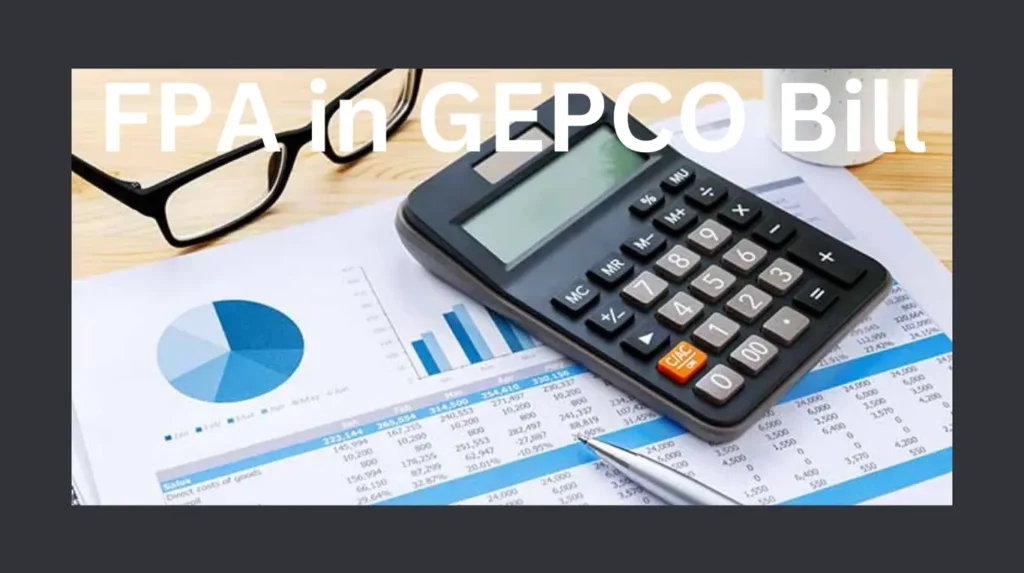Fuel Price Adjustment FPA in GEPCO
Fuel Price Adjustment is a common topic in Pakistan, particularly for GEPCO customers who often see FPA charges on their electricity bills. FPA reflects changes in electricity prices due to fluctuations in global oil and gas rates. Since a significant portion of electricity in the country is generated using oil, these costs are passed on to consumers. Understanding how FPA works is crucial to avoid any confusion or misconceptions regarding your electricity bills.

What is Fuel Price Adjustment in GEPCO Electricity Bill
When discussing Fuel Price Adjustment on your electricity bills, it’s important to note that FPA is not a fixed amount. The rate of FPA can fluctuate depending on factors such as fuel costs, the generation mix, and the number of units consumed. This raises a common question: what do changes in FPA mean on your bill? Simply put, as fuel prices and electricity generation costs rise or fall, the FPA amount you pay will adjust accordingly.
The National Electric Power Regulatory Authority (NEPRA) oversees these changes in FPA charges. However, many people across the country remain confused about the varying FPA charges and other fees included in their bills by power companies like GEPCO.
These charges are generally divided into two parts: one portion is allocated to the government of Pakistan, while the other goes to the companies responsible for producing and supplying electricity in your area.
FPA Tax in Pakistan
As a developing country, Pakistan faces significant challenges in meeting its fuel requirements. The shortage of dams and water resources makes it difficult to generate sufficient electricity for consumers. To address this issue, WAPDA Pakistan imports fuel from neighboring countries to sustain power generation.
Due to the high cost of electricity production, the government has had to involve private companies, known as Independent Power Producers (IPPs), in the process. Since crude oil is expensive globally, IPPs are unable to bear these costs on their own. As a result, they pass on the expenses to consumers through Fuel Price Adjustment (FPA) charges in their monthly electricity bills.
